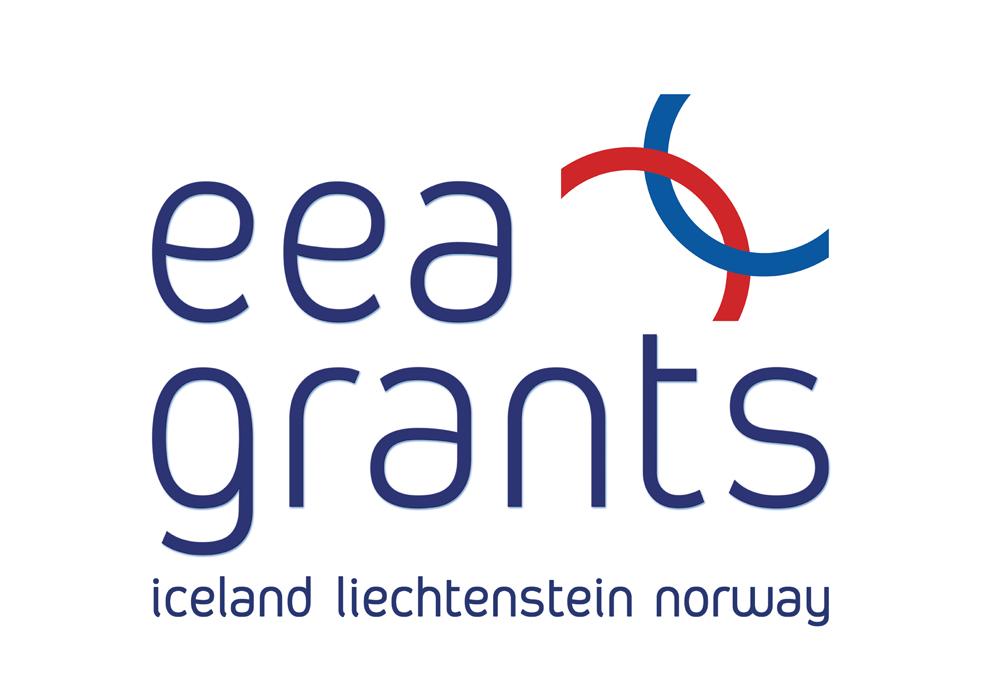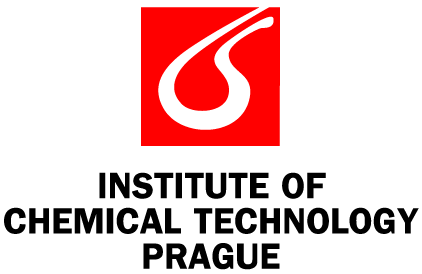Norwegian Institute for Air Research (NILU) is research institution, one of the leading specialised scientific laboratories in Europe dealing with scientific investigations related to anthropogenic pollution. NILU has a highly qualified staff of 160 persons, consisting of scientists, engineers and technicians specialised for work with pollution problems. The staff is carrying out about 250 hundred projects annually for research councils, industries, local, national and international authorities, organisations and international banks. NILU has accredited laboratories for chemical trace analyses and monitoring instruments. NILU’s annual turnover is in the range of 25 million US$. About 10% of the budget is a base grant from the Norwegian Ministry of Environment and the Norwegian Research Council to support NILU as a national research institution for air pollution. NILU’s main office is at Kjeller (outside Oslo). A specialised office on Arctic scientific issues is an integrated part of the Polar Environmental Centre in Tromso (North Norway). NILU has well-equipped and up-to-date laboratories for chemical trace analysis, and instrument development. In addition to routine sampling and analysis, instrument calibration, maintenance and international inter-calibration, NILU also develop new instruments and analytical techniques. The instrument laboratories as well as the chemical laboratories are accredited. NILU was among the first European laboratories to be accredited according to EN-ISO/IEC 17025.
NILU works for national and international customers, often in collaboration with other international research institutions. Over the years NILU has coordinated many long-term international environmental research projects as for example the "Co-operative Programme for Monitoring and Evaluation of the Long-Range Transmission of Air Pollutants in Europe" (EMEP), where NILU has the responsibility for recommending measurement methods and for assembling and evaluating data. NILU is also one of four collaborators in the European Environment Agency's Topic Centre on Air Quality.
To succeed in the open international markets, NILU has to be solution oriented, which requires interdisciplinary expertise within chemistry, meteorology, engineering, biology, economics and in administration which means organizing and directing human and technical resources towards a common goal. In addition NILU has taken a role in establishing systems for spreading information and to inform and communicate with the public authorities and the general public on national and international levels.
Presently NILU is working world wide on projects related to air quality monitoring, pollutant control and management. NILU’s strong footing in European pollutant research originated with studies of long-range transport of air pollutants and acid rain in the 1970’s. This involvement is continued in the European Monitoring and Evaluation Programme (EMEP) established in 1977, in which NILU has a central position as Chemical Co-ordinating Centre.
NILU has during the last few years been involved in more than 90 EU projects. NILU is holding the database for 42 programmes and has co-ordinated 19 projects. The main topics in which NILU participates are related radiation, global climatic changes, satellite validation, environmental chemistry urban pollution problems, regional and global dispersion of environmental toxins, standardization and monitoring methods, electronic distribution of environmental data and environmental influence on building materials.
NILU has established one of the best equipped environmental chemistry laboratories in Scandinavia with state-of-the-science analytical instruments for trace analysis of organic and inorganic pollutants. The Environmental Chemistry Department has established two laboratories, one located at the main office at Kjeller, and one in the Polar Environmental Centre in Tromso associated with Arctic environmental research activities. At Kjeller the main areas are research and assignment analyses (trace analyses) within inorganic and organic chemistry. The assignment analyses are accredited in accordance with NS-EN ISO/IEC 17025. In Tromso the main areas are research and trace-analyses within organic chemistry. The department has a strong focus on new environmental pollution and polar environmental problems.
During the past years, the major focus of NILU environmental chemistry research was focused upon
- Method development for trace analysis of new emerging contaminants including pharmaceuticals and personal care products (PPCP), perfluorinated alkylated substances (PFAS), current used pesticides (CUPs), brominated flame retardants (BFR) a.o.
- Development and validation of new hyphenation techniques for the determination and speciation of inorganic contaminants as well as organo-metal compounds using high resolution HPLC – ICPMS techniques.
- Monitoring, screening and surveillance of legacy pollutants as well as new emerging contaminants in national and international research programs.
- Surveillance of food products for new emerging contaminants contracted by the respective food producing companies as well as regulatory authorities.
A series of research projects has been conducted based upon national and international funding related to the above mentioned research aspects. Currently NILU is involved as coordinating institute or as leading scientific partner in many national and international research projects (here a short selection):
- PharmaTreat: Project within the Norwegian “Strategic Institute Program (SIP)” as a co-operative endeavor with the Norwegian Institute for Water Research (NILU) and BioForsk on issues related the sources, distribution and environmental effects of pharmaceutical residues in the Norwegian Aquatic environments.
- NewPoll: Project within the Norwegian “Strategic Institute Program (SIP)” on the development and validation of new trace analytical methods for new emerging contaminants in Norwegian environmental and food related samples.
- ArcRisk: Project under EU-FP7 (coordinated by the Arctic Monitoring and Assessment programme), Influence of climate change on the distribution of Persistent organic Pollutants (POPs) and the exposure risk of the indigenous people of the North.
- PERFOOD: Project under EU-FP7, PERFluorinated Organics in Our Diet, Fluorinated compounds (PFCs) in food, beverages and wrapping, from source to consumer (coordinated by the University of Antwerp; Belgium), NILU is workpackage leader of the workpackage responsible for the sampling and sample analysis.






